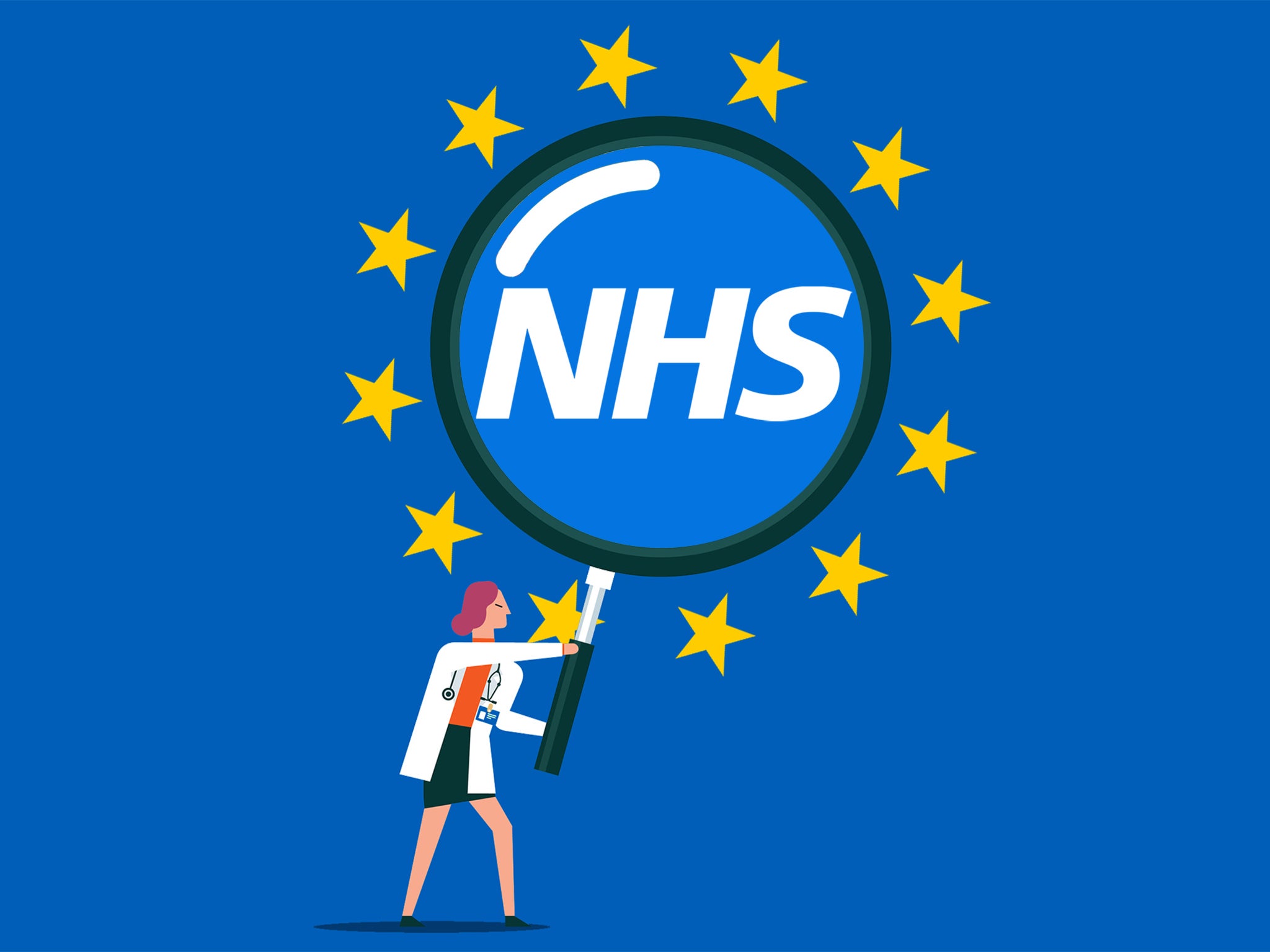What does Brexit mean for the NHS?
In our series looking at life after Brexit, Richard Murray writes about how the health service must answer difficult questions on affordability


Of the potential risks and opportunities posed by Brexit to the health service, by far the largest was always going to be the issue of workforce.
The longstanding failure to set out a proper workforce plan for the NHS (and social care), has allowed deep and persistent shortages to develop. These in turn drove high and unsustainable workloads for NHS staff and lengthening waiting times for patients.
Though exacerbated by Covid, these problems have existed for years. Membership of the EU meant it was relatively easy to offset some of these shortages by importing staff from our neighbours. For nurses and midwives, this meant pulling in just under 10,000 qualified staff in 2015-16.
The drop in new arrivals after Brexit was immediate and sustained, even if there were other factors at play as well, such a new language test to be able to practice in the UK. In 2021-22, fewer than 700 new nursing and midwifery staff came from the EU.
For those wanting to reduce migration, this may seem some sort of win. However, faced with an ongoing workforce crisis, the NHS has instead turned to countries outside the EU to fill vacancies. In 2015-16, just over 2,000 new nurses and midwives came to the UK from these countries. After Brexit, the number rose dramatically, reaching just under 23,000 by 2021-22.
Nurse vacancy rates remain stubbornly high as so many are leaving the profession, but solely looking at recruitment, the numbers joining the NHS from outside the EU show a remarkable increase.
In 2021-22, of the new nurses arriving in the UK, 42 per cent came from India and 25 per cent from the Philippines. Both are countries with a history of exporting staff. However, third in the ranking is Nigeria – a country on the “red list” of countries where the World Health Organisation says no active recruitment should take place because that nation already suffers shortages of staff.
Other “red list” countries are also finding that significant numbers of their healthcare staff are choosing to move to the UK for NHS jobs. While these staff play an important role in mitigating shortages in the UK, this will come at significant cost to already fragile healthcare systems in other countries.
Other than workforce, trade policy does matter for the NHS, given the volume of medicines and medical devices imported from overseas. Of course, the UK exports medicines too, though difficulties exporting goods are more an issue for UK plc than for the NHS directly.
If we set Northern Ireland to one side, it’s not easy to disentangle any Brexit impact from the global supply chain problems that followed Covid, though it’s unlikely there are many who would claim Brexit has made it easier, given the undoubted increase in bureaucracy at the border. Before the UK left the EU, there were also worries that the NHS might end up part of negotiations in any new trade deals, but as no such deal has been made with the US (where most of the concerns lie), this remains something for the future.
Beyond these specific health impacts, it is probably the impact of Brexit on the wider economy that matters most right now. The UK economy is not performing well and we face another prolonged period of austerity, at the same time as a surge in inflation that hits the NHS just as it does every other part of the country.
Reliant on general taxation as it is, the deep stress in public finances mean that even relatively protected public services like the NHS face a challenging financial outlook. Some have used this difficult context to raise questions about the sustainability of the NHS funding model – currently paid for by taxation and largely free at the point of use.
Fundamentally, however, the question is how much we want to spend on health – and not how this money is raised. Faced with a weak economy, any system of health finance, whether via taxation, social insurance or private spending, will be forced to answer the same difficult questions on affordability.
Richard Murray is chief executive of The Kings Fund
Join our commenting forum
Join thought-provoking conversations, follow other Independent readers and see their replies
Comments
Bookmark popover
Removed from bookmarks